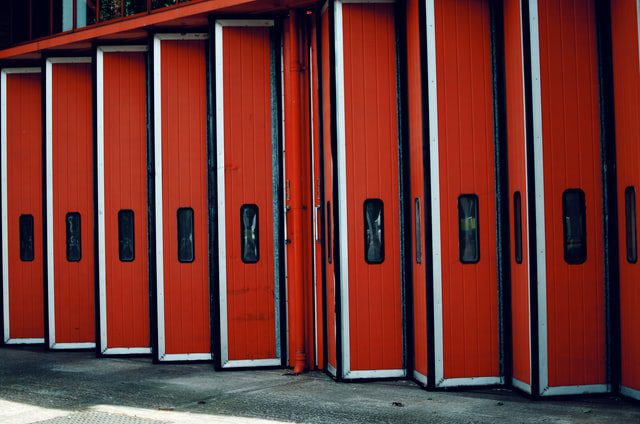How to Choose the Right Access Panel Door?
Access panel gates have a long background, and in some ways, they’ve been here almost as long as man has. They started off as basic barriers at the entry to a tunnel or a group of soldiers. They’ve advanced through the period mostly to the metal-secured versions we see now.
If you’re still not acquainted with this, you might be asking what an entry panel gate is. Or what is the function? How do I go about choosing one sometimes when I require one?
What is an access panel door?
Some parts in any building must have limited access. Some options include the location of the heater, turbine, sewage, or electrical components. Access gates are just the entrances to regions where you only visit on occasion.
Another application for such an access panel gate is to provide accessibility to a space that has been shut off with plasterboard or flooring. Crawl rooms, cellars, cellars, lofts, and storage rooms are just a few instances.
Tips to choose the right access panel:
Because of its adaptability, access doors may conceal entrances on either the floor or the side. It can also act as a noise shield or soundproof insulator. With several alternatives, it might be difficult to select which door would best meet your requirements.
Purpose:
To minimize installation issues, evaluate the function of the gate before deciding on the type of access gate you will choose. You could wish to get a common access interface, for example. However, the one which best meets your requirements can be a fire-rated entry gate, and placing a standard access panel differs greatly from placing a fire-rated entry door.
Right material:
It is critical to select the appropriate access screen and material for your purposes, as well as establish the principal objective of the panel gate. You must also examine the material of the walls or flooring. If you require to place an outdoor access panel, don’t pick or have someone propose an outside access panel composed of a non-water-resistant substance since it can lead to corrosion, fungus, and moisture buildup. Select aluminum entry panels to avoid rusting and to endure any outside factors such as rainfall or snow.
Location:
Knowing the area and size of the gap in your walls or floors for the entry panel is critical to ensuring that the exact block size will match snugly and that the wall entrance has adequate width for this. If you really are unclear about any measurements, you may seek assistance from an entry panel professional, who can supply you with accurate information.
Weight:
Can you be capable of moving a heavy gate if you really are strong enough? If you think, like most others, that you must select a hefty one, you are mistaken, and you should disregard it. Massive access gates are typically not appropriate since you might be unable to manage the door.
Know the fire ratings:
When purchasing an entry panel gate, the major criterion you should check for is the fire grade. Why? You may get a gate that can survive burning for hours if it has the proper rating. When a fire breaks out in any business or residential facility, this rating might be the gap between destruction and tragedy.
Knowing the function of your entry panel ahead of time will enable the entry panels professional to assist you better with your demands.
Work with professionals:
Once you’ve gathered all of the necessary information, purchasing in a licensed and accredited access door business involves buying with assurance. Best entry panel professionals are experts in offering a wide range of access paneling, including soundproof, fire-rated, shielded, and non-insulated entry panels. Their experienced and helpful staff will instill trust in you that you are purchasing the proper and greatest industrial products.
Final thoughts:
When determining what type of electrical panel to place in your residence or workplace, this can be difficult to make a decision. Access panels perform a distinct function than the other normal doorways in our business and home. We can’t make a decision based just on the material or component. Instead, we must determine whether any building standards law applies, the door’s role in the structure, where it’ll be installed, and its precise placement.







